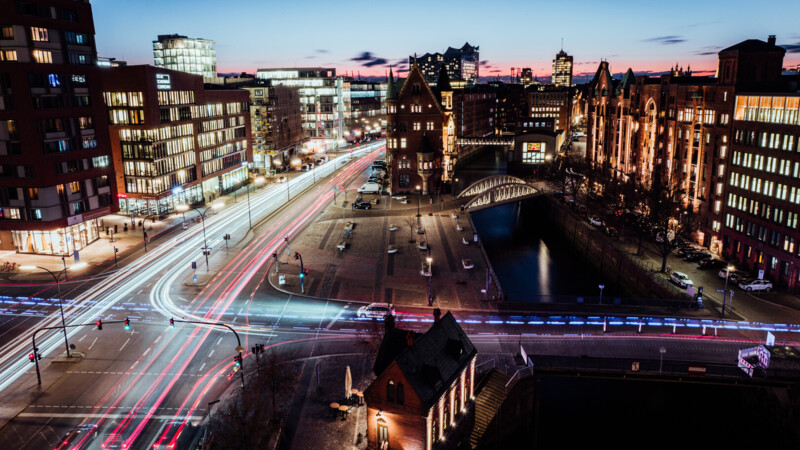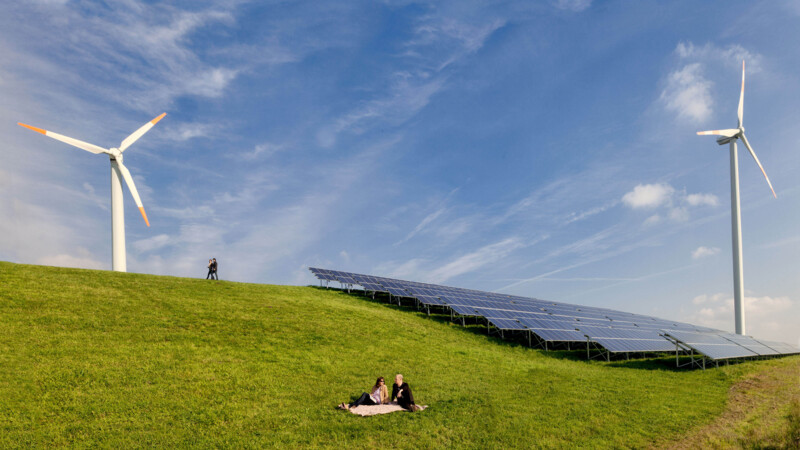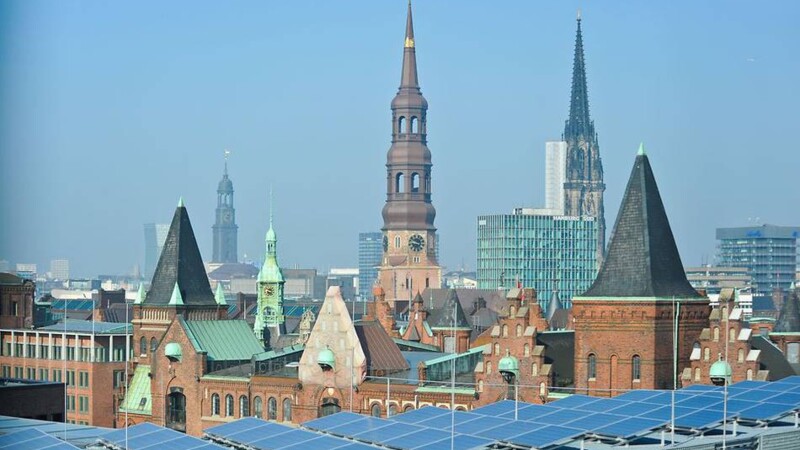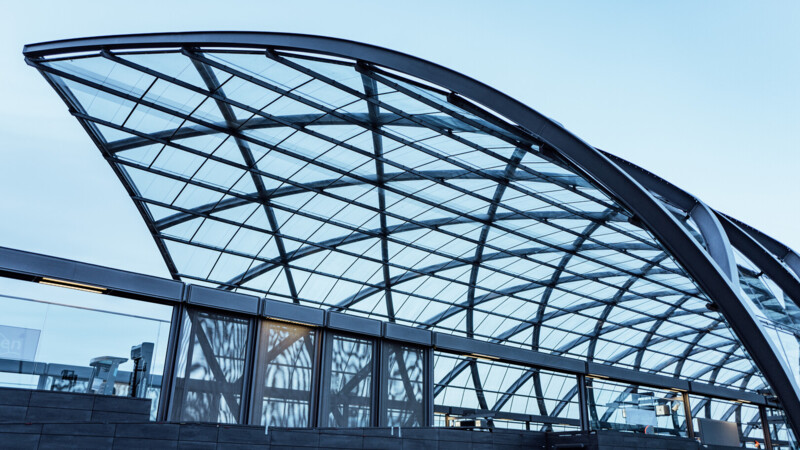The use of the first vehicles and the mileage achieved means the zero-emissions drives are now ready for series-production. Hochbahn put 20 battery-powered buses by EvoBus and ten by Solaris into operation last year. From 2020, the company is ordering only emission-free buses. Another 30 vehicles, which are expected to reach 200 kilometres without intermediate charging, are to be added this year. The vehicles currently in use guarantee a range of 150 kilometres.
The Hamburger Hochbahn has announced plans to add 30 vehicles to its emission-free fleet this year as part of its efforts to become climate-neutral by the end of 2030. The company’s environment-friendly buses have already covered more than 1 million kilometres thereby saving well over 1,000 tonnes of CO2 emitted by ordinary diesel buses. This is roughly the average amount caused by 100 German citizens every year, a press release said Tuesday (July 21, 2020). Around 25 per cent of Hamburg's CO2 footprint can be attributed to its residents mobility behaviour.
Ready for series production
Focus on hydrogen
Hamburger Hochbahn is relying on hydrogen technology for even greater ranges. The company is preparing to invite tenders for hydrogen-powered fuel cell buses based on an Europe-wide qualification procedure. Together with battery-driven buses that guarantee circulations of up to 150 or 200 kilometres depending on generation and configuration, Hochbahn now hopes to remove diesel-run buses in favour of fuel-cell vehicles from its fleet by the end of the 2020s and use only emission-free drives. Fuel-cells are versatile and have a wide range.
sm/kk/pb
Sources and further information
More
Similar articles

Hamburg to become model of digital mobility

Focus on climate protection remains despite pandemic

Routes to carbon neutrality and net zero emissions
